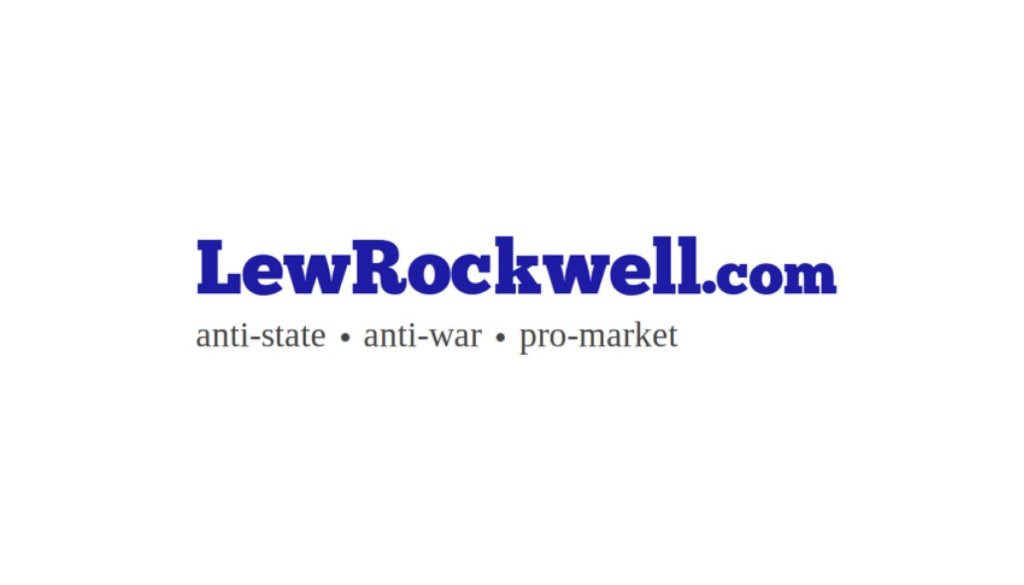4 Cities of the Future Might Be Your New Home
The ultra-wealthy are planning your future right now. They’ll call it ‘utopia’ and sell it to you as such, but it’s actually the opposite. Welcome to the first of a two-part series.
Utopia is a place of “ideal perfection, especially in laws, government, and social conditions.” At least, that’s the dictionary definition.
The thing is, despite humans having tried for thousands of years to attain Eden-esque perfection, it’s impossible. Worse, the irony of such efforts is literally baked into the word ‘utopia:’
From Merriam Webster (emphasis added):
In 1516, English humanist Sir Thomas More published a book titled Utopia, which compared social and economic conditions in Europe with those of an ideal society on an imaginary island located off the coast of the Americas. More wanted to imply that the perfect conditions on his fictional island could never really exist, so he called it “Utopia,” a name he created by combining the Greek words ou (“not, no”) and topos (“place”).
Still, that doesn’t stop people from trying to create fictional paradise. The latest attempts are — unsurprisingly — conceived of, funded by, and built by our billionaire overlords, who aim to own everything and define how our lives will be lived in the future.
At the same time, a paradox is unfolding. While several attempts at billionaire-initiated paradises are currently in the works, some efforts are failing, some are falling apart, and some are simply struggling to get off the ground.
What we know about Silicon Valley elites, bitcoin bros, and AI billionaires is that they dream big and have virtually limitless finances. So even failed attempts at utopia — or whatever their version of it is — gets the entire cohort a step closer to decoding a formula that might stick. It’s like unlimited funding to indulge a God complex.
In part one
Article from LewRockwell

LewRockwell.com is a libertarian website that publishes articles, essays, and blog posts advocating for minimal government, free markets, and individual liberty. The site was founded by Lew Rockwell, an American libertarian political commentator, activist, and former congressional staffer. The website often features content that is critical of mainstream politics, state intervention, and foreign policy, among other topics. It is a platform frequently used to disseminate Austrian economics, a school of economic thought that is popular among some libertarians.



